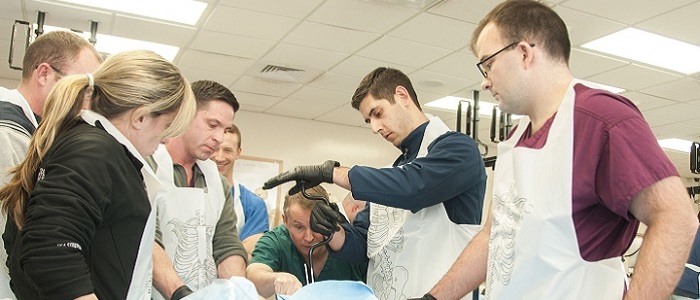
Summary
The beginning of the transition processes in Ukraine and other CIS countries was marked by significant economic slowdown and a sharp decline in all health measures. The lack of public finance led to permanent underfunding of the health care sector, the growth of out-of-pocket payments and decreased access to medical services for the most vulnerable population groups. This contributed to the growth of inequality.
This study is an empirical analysis of the influence of health on income inequality and poverty in Ukraine. Health had a significant impact at both micro and macro levels. According to macro-level results, a 1% increase in life expectancy leads to a 2.1% decrease in income inequality as measured by the Gini coefficient. This is further supported by the micro analysis.
The findings are consistent with previous international studies on health-income inequality causality. It expands current debates about health-income inequality association by considering different aspects of health in the income equation in Ukraine. Future empirical investigations should factor in these considerations.
- Larysa Krasnikova (Department of Finance, National University ‘Kyiv-Mohyla Academy’, Kyiv, Ukraine)
- Elena Osinkina (Department of Finance, National University ‘Kyiv-Mohyla Academy’, Kyiv, Ukraine)
- Tamara Podvysotskaya (Bureau of Economic and Social Technologies, BEST, Kyiv, Ukraine)
- Yuriy Podvysotskiy (Department of Finance, National University ‘Kyiv-Mohyla Academy’, Kyiv, Ukraine)
If you cite this resource, please notify communications@gdn.int with the subject line 'GDN citation'.





